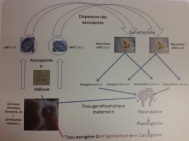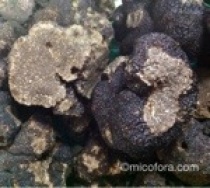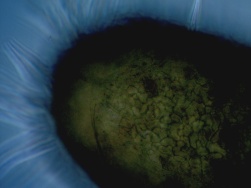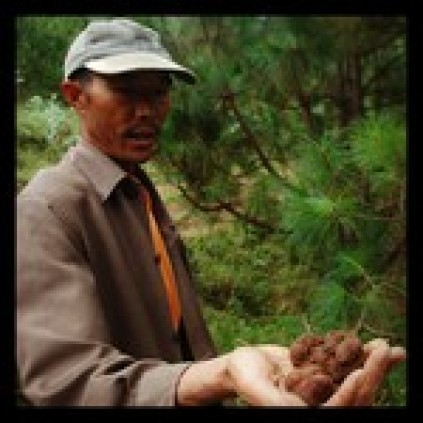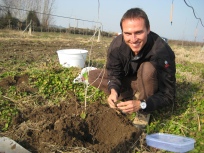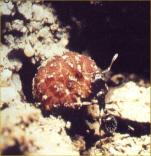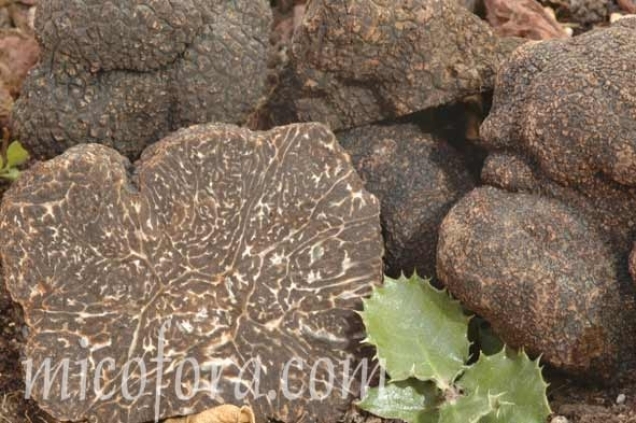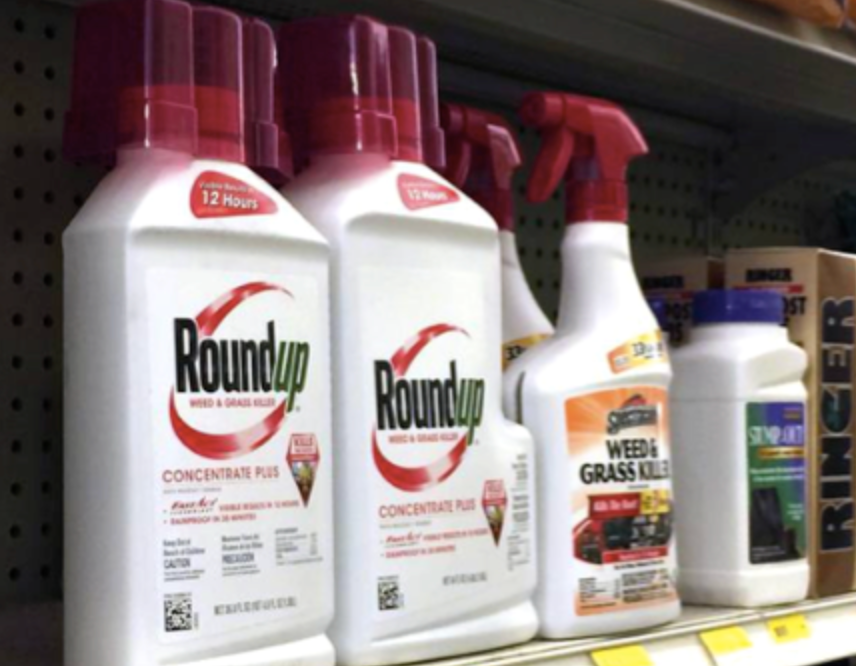
A new paper has been published about the effects of glyphosate in truffle plantations:
We already wrote about it some time ago in this post:
It is a topic to be discussed as lots of growers use it, in Spain, Basta or Finale is not available since a couple of years ago, and even in the following paper authors did not find that the use of Roundup affects the level of mycorrhization nor the concentration of truffle mycelium in soil analyzed with Real Time PCR, they conclude we can maybe use it the first 3-4 years in a plantation, but we think that truffle fruit bodies may accumulate glyphosate or its metabolites, once we enter into fruiting stage we should avoid Roundup in our truffieres.
Nowadays several growers have started to be certified organic and probably this is the path to follow.
The authors did not observe any detrimental effect on the mycorrhizal status or the density of extraradical mycelium when three applications within a growing season were applied.
Similarly, Olivera et al. (2011) did not find any negative effect of glyphosate on T. melanosporum ectomycorrhizae after 4 years with one annual application. Together, all these results indicate that an occasional or moderate use of glyphosate in young truffle orchards does not impair the proliferation of T. melanosporum mycorrhizae and extraradical mycelium.
This study shows that the sporadic or moderate use of glyphosate is not detrimental to the secondary infection by T. melanosporum in mycorrhizal seedlings with adequate mycorrhization levels. This is probably because in young orchards, secondary infection from the already existing mycorrhizae and their associated mycelium is likely the prevailing inoculum source for the spread of the fungus through the roots grown in the field.
But what about sexual reproduction and the new “male partner” that should come from new spores?
The authors suggest a detrimental effect of glyphosate on the infectivity of T. melanosporum spore inoculum.
The tested glyphosate application rates hindered the potential of T. melanosporum spore inoculum for infecting Quercus ilex root tips, whereas the formation of root tips was not negatively affected. This reduction in the spore inoculum effectiveness suggests that glyphosate (and/or its metabolites) has the potential to jeopardise the role of the soil spore bank as inoculum source for the colonisation of new roots (primary infection).
In the study, glyphosate treatments did not show any detrimental effect on stem height, root collar diameter or abundance of fine roots. Seedling survival was not affected in the short term of the assay, and no apparent abnormalities in shoot morphology were observed.
Cheers,
Marcos S. Morcillo

























